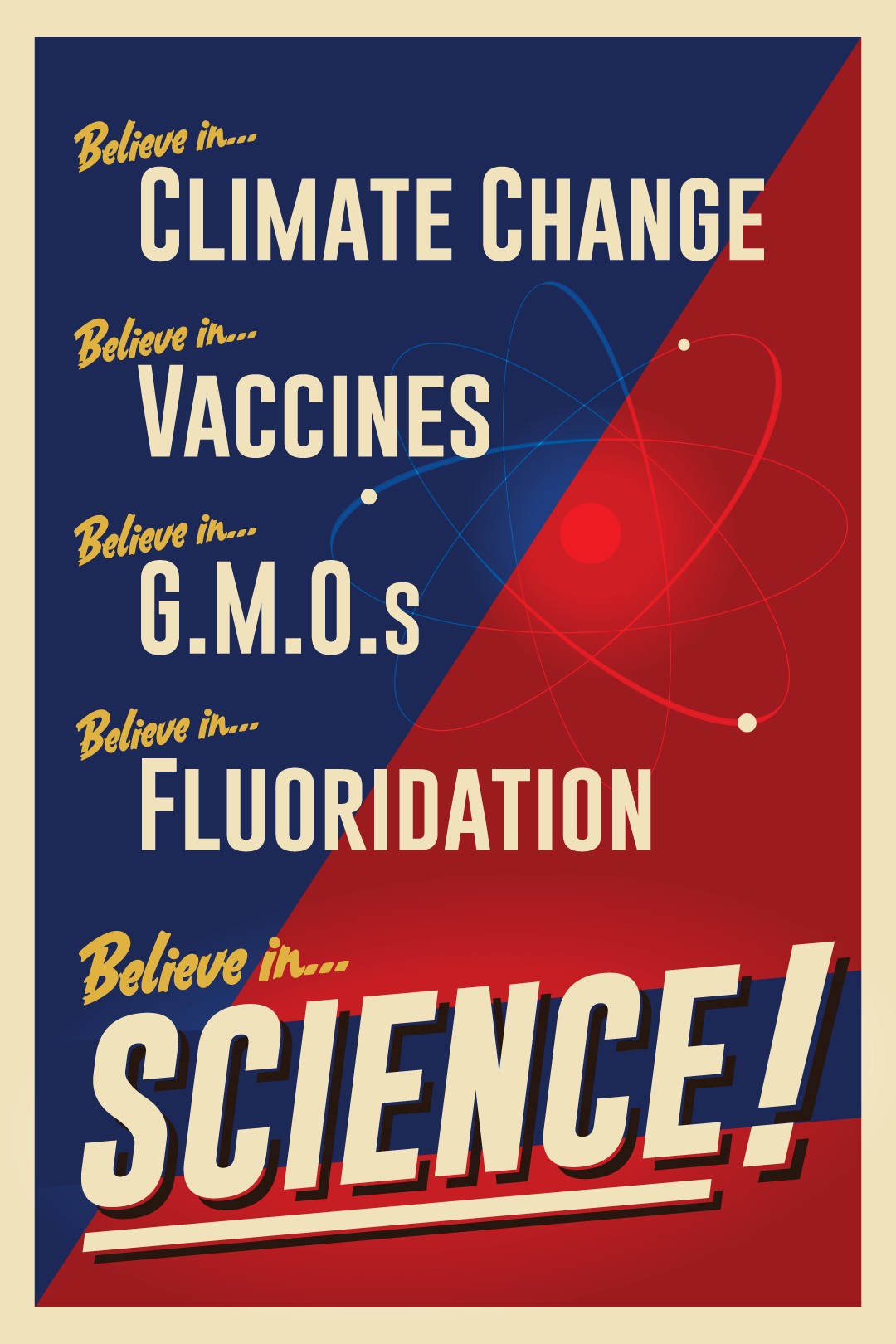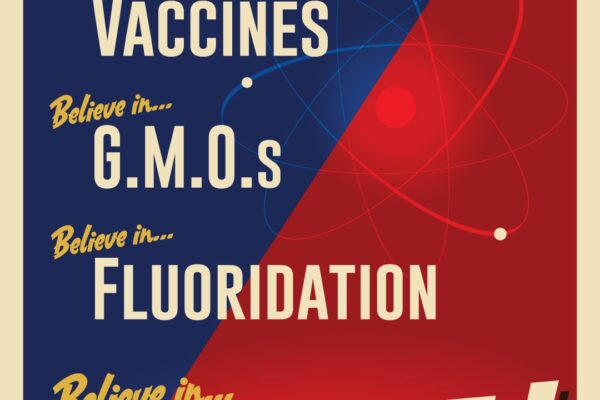
Austin posted yesterday about Jon Soske’s piece selecting an addiction/recovery element to keep, one to drop, and one to modify.
The element Jon chose to modify is “medical mistrust.” A couple of sentences exploring this concept really grabbed me.
The pandemic made even more visible the intensity of suspicion regarding health institutions and the medical profession among communities rendered vulnerable and marginalized by structural violence, including people who use drugs.
Jessica Jaiswal is among the scholars of health and race to have described the shortcomings of “medical mistrust” as a concept—one that too often locates root causes in past events rather than in current structures and that lends itself to pathologizing communities by locating mistrust within their “culture.”
I’ve been involved in initiatives to make buprenorphine and naloxone more available in emergency departments and have spoken with a couple of EDs that have been discouraged by the numbers of patients declining buprenorphine prescriptions.
Jon’s comments prompted some reflection on these conversations and patient/provider mismatches in beliefs about the medication and related informed consent issues.
This is anecdotal and second-hand from people involved in implementation at other hospitals, but the medical provider’s perception was that they were offering a highly effective and evidence-based gold standard treatment.
I asked what they knew about their patients’ experience with the medication. They didn’t know much other than the fact that some of them had been prescribed it before and had been non-compliant.
I asked what they knew about their patients’ reasons for declining. They believed that stigma and impaired judgment associated with active addiction were key drivers.
In one of these conversations, I asked, given the provider confidence in the medication and the assumption that stigma is the driver of refusal, how do they view this pattern of behavior in their patients? Would they view this as something akin to a patient with a life-threatening bacterial infection refusing antibiotics? Or a highly vulnerable patient refusing a vaccine because of misinformation? Again, this is second-hand and anecdotal, but she said that probably captured it.
I encouraged them to learn more about their patients’ experience with buprenorphine. I expect they will find that a very large portion of their more chronic and severe patients are experienced with the medication. Some of them will have found it to be a useful tool to help achieve a better quality of life (or recovery), some will have found it to be wholly inadequate, while others have experienced it as part of their addiction rather than a step toward recovery.
Given this mismatch, I suggested that some of their patients may experience their conversations about the medication as overselling its effectiveness and/or proof that they don’t really understand the patient’s experience or goals.
A better understanding of these patients’ experiences, their goals, and how various treatment options (including options not immediately available) interact with those goals and experiences would go a long way toward improving relationships with patients and improving care.
This understanding could lead to improved acceptance rates, improved informed consent, as well as improved care plans. For example:
- In the case of a patient who knows buprenorphine is inadequate, they might be able to engage a patient and work together on identifying the other essential elements for a comprehensive recovery plan: “I know that you’re experienced with this medication and it hasn’t gotten you where you’d like to be. Sounds like we’ll have to work together to build a plan where medication is just one element and then monitor it, so we can get you where you want to be.”
- In the case of a patient who reports buprenorphine has been part of their addiction but the provider is really concerned about fatal OD, the provider might frame it as a bridge: “I understand that you’re experienced with this medication and it isn’t compatible with your goals. At the same time, I’m very concerned about the risk of fatal overdose and the kind of recovery plan you’ll need to achieve your goals is going to take some time. I’m thinking this might help prevent death while we can work on pulling together the kind of plan that will help get you where you want to be.”
I’ve long expressed concern about drug policy reform becoming a front in political culture wars. What I didn’t foresee was science becoming a front in political culture wars and, as a result, become an Us vs. Them identity. This has intensified through the course of the pandemic, I’ve worried that the sloganeering around “I believe in science” would intensify institutional & professional suspicion of patients and communities that don’t trust them.
I’d always thought more about this as an important context in the area of policy and what treatments get funded. I’m now much more concerned about these broader cultural contexts entering individual patient encounters with health care providers. In this context, I worry providers are less likely to be genuinely curious about a patient’s “medication hesitancy” and assume it is irrational or tribal anti-science superstition preventing the patient from accepting an obviously and unambiguously good treatment.
So… Jon’s piece observed that “The pandemic made even more visible the intensity of suspicion regarding health institutions and the medical profession”. I’m suggesting that it’s also true that the increased emphasis on slogans like “believe science” have intensified institutional & professional suspicion of patients and communities that don’t trust them.
